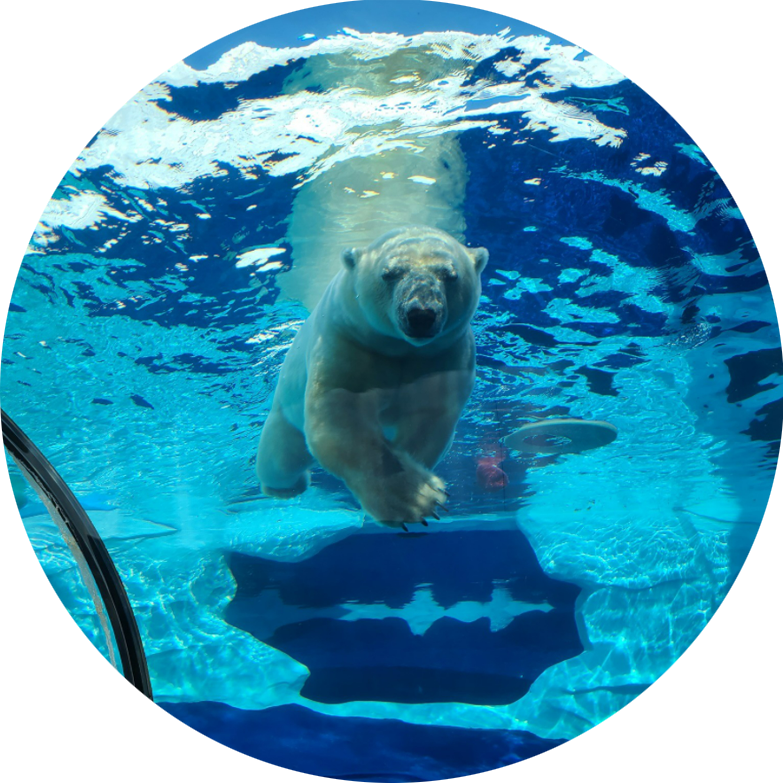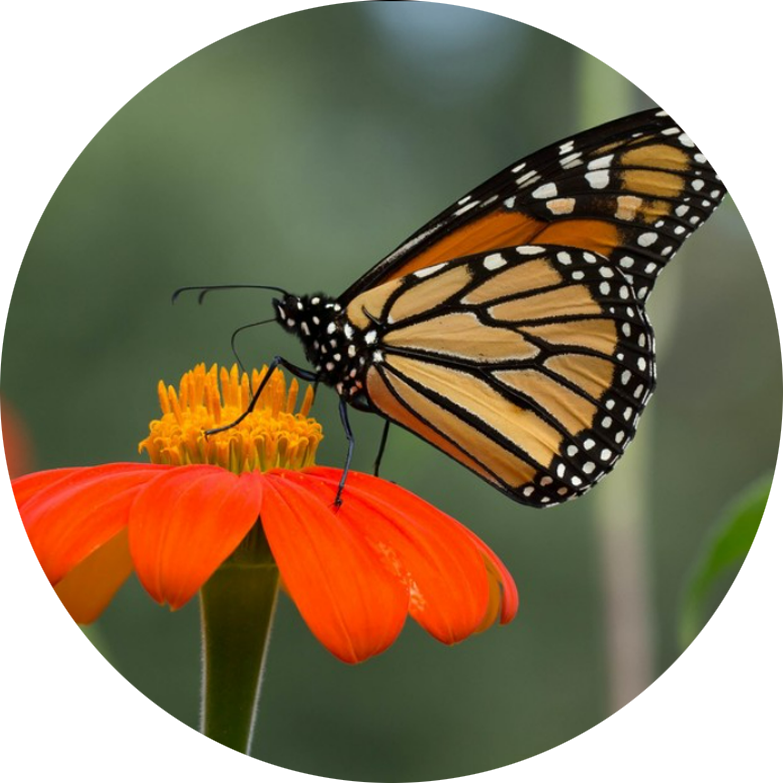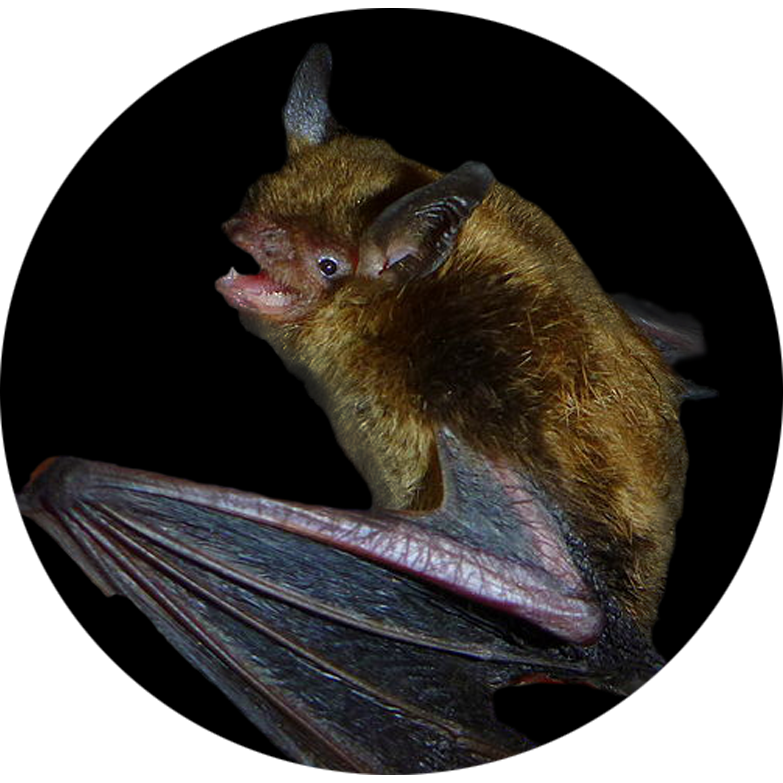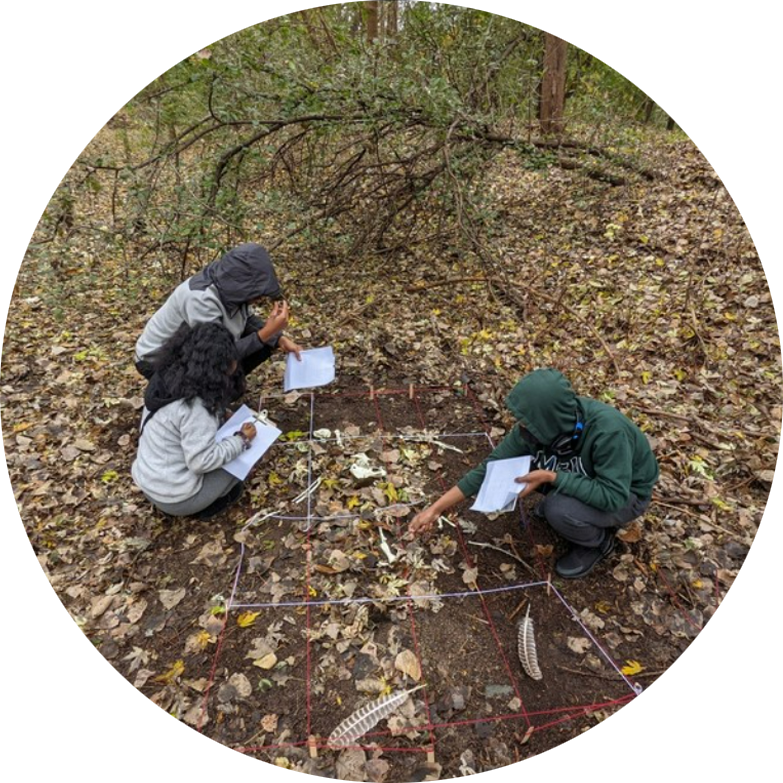SCHOOL GROUP FIELD TRIP + LEARNING LAB
PK-Middle School Programs $450 per classroom (tri-county discount)
PK-Middle School Programs $550 per classroom (non tri-county)
High School & Higher Education Programs $550 per classroom (tri-county discount)
High School & Higher Education Programs $650 per classroom (non tri-county)
Includes admission, parking and the education program
Register online to choose an available date and time.
| PROGRAM | DESCRIPTION | REGISTRATION |
|---|---|---|
|
Animal Size Grades PRE-K-1st 
|
How do you measure up? Are you as tall as a polar bear? Do you have hands as big as a tiger’s paws? In this learning lab, students will use non-standard measurements to explore the amazing diversity of animal size. Stations include comparing their height with that of a life-sized polar bear, measuring with model snakes, estimating weights of replica frogs, investigating how many chicken eggs fit in an ostrich egg and more! K.MD 1 & 2, K.CC 4, 1.MD 1 |
Tri-County Registration Other Counties Registration Pre-approved DATZ |
|
Life Cycles Grades K-2nd 
|
How do animals grow and change? Few things inspire wonder in young learners as much as the life cycle of a butterfly! Through a series of hands-on activities in a station-based format, young learners explore the butterfly life cycle, make observations about the structure and function of their wings and bodies and use non-standard units to measure the size of several species of butterflies. Learners journal their observations, record their data and reflect on their experience. K.MD. 1 & 2, 1.MD 1, 1.LS 1 & 2 |
Tri-County Registration Other Counties Registration Pre-approved DATZ |
|
Conservation Project: Penguins Grades 3rd-5th 
|
What is it like to be a conservation scientist? Learners will be ‘transported’ to a field station in Antarctica, where their mission is to document information about the penguins who live in a nearby colony. A briefing will assign roles to each learner and prepare them for their outing, including checking the weather and ocean conditions before jumping into their zodiac to get to the colony. Once there, the research teams will survey penguins and record their height, weight and beak measurements. Back at the field station, the group will compare their data and will use this to assess the overall well-being of penguins and the greater ecosystem. 3-LS4-3, 4-ESS2-2, 5-ESS3-1 |
Tri-County Registration Other Counties Registration Pre-approved DATZ |
|
Conservation Project: Panamanian Golden Frogs Grades 3rd-5th 
|
What is it like to be a conservation scientist? Panamanian Golden Frogs have not been seen in the wild since 2009! Several zoos and aquariums, including the Detroit Zoological Society, currently care for assurance populations. These captive-reared frogs are released into their native cloud forest habitats in Panama. Learners will take on the role of a conservation scientist as they determine where the best site to release a population of Panamanian Golden Frogs in their native habitat. Water quality and other replicated tests will help learners collect data to assess each proposed location and make a final recommendation. 3-LS4-3, 4-LS1-1, 5-ESS3-1 |
Tri-County Registration Other Counties Registration Pre-approved DATZ |
|
Wildlife Biologist: Isle Royale Grades 6th-8th 
|
What is it like to be a wildlife biologist? Isle Royale is home to the world’s longest continuous study of predator-prey relationships. With over sixty years of data about moose and wolf populations, participants will take on the role of a wildlife biologist, analyze factual information and consider how humans have directly and indirectly changed this isolated ecosystem. Participants will take this one step further and evaluate the perspectives of the plants and animals that call Isle Royale home before justifying their position in the ongoing debate about what is the best course of action for the island’s future. MS-LS2-1, MS-LS2.A, MS-LS2.C, MS-LS2-4 |
Tri-County Registration Other Counties Registration Pre-approved DATZ |
|
Wildlife Biologist: Michigan Bats Grades 6th-8th 
|
Which creature is small but mighty, consumes copious quantities of harmful insects, pollinates night-blooming flowers and disperses the seeds of hundreds of plants? BATS! These essential night-flying predators are generally misunderstood and the least studied of all mammals, but their population numbers are declining at an alarming rate worldwide. Come and work the “night shift” with us! Turn on your headlamp and grab your gear as you step into the role of a bat biologist. MS-LS2.C, MS-LS4.D |
Tri-County Registration Other Counties Registration Pre-approved DATZ |
|
Zoo Careers: Animal Behavior Grades 9th-12th 
|
How does the Detroit Zoo ensure they are providing the best possible care to all animals? In addition to knowledgeable vet staff and dedicated zookeepers, an entire department of talented staff is committed to understanding more about animals through in-depth research projects. Learners will engage in the same data collection processes to observe and document animal behavior, then work with DZS education staff to analyze and compare their data and reflect on how this information can benefit the animals. HS-LS2-8, HS-LS4.C |
Request a Learning Lab |
|
Wildlife Forensics Grades 9th-12th 
|
How can you use scientific methods to study potential crimes committed against wildlife? Join us in a field of study known as wildlife forensics, where learners will work in small groups to use science process skills as they investigate a simulated wildlife crime scene and document their findings. Learners will re-articulate bones to identify the animal and their cause of death, communicating their evidence-based findings back to the larger group as they reflect on the overall process and the importance of this growing career opportunity. HS – ESS3.C, HS – LS2 – 6, HS – ETS1 – 1 |
Request a Learning Lab |
|
Zoo Careers: Animal Medicine Grades 9th-12th 
|
How does the Detroit Zoo ensure the best possible care for over 2,000 animals representing more than 200 species of amphibians, mammals, birds and reptiles? Join us on a hypothetical clinical case developed by a DZS vet to find out more! Use the same critical thinking processes and tools the animal care team would employ, from diagnosis to treating a sick plush otter, followed by a behind-the-scenes tour of the vet hospital highlights the equipment used and adapted to meet the needs of tiny frogs to great apes. HS – ESS3.C, HS – ETS1.B |
Request a Learning Lab |





